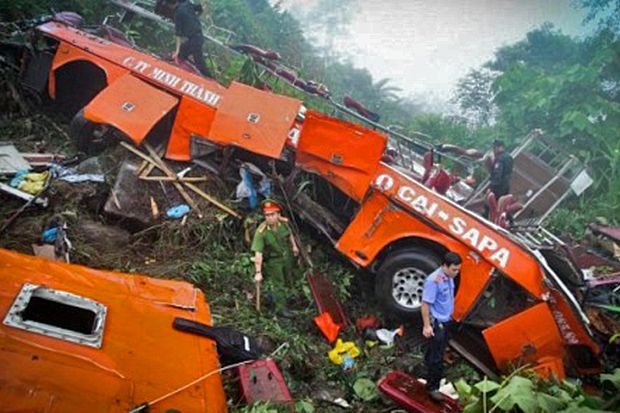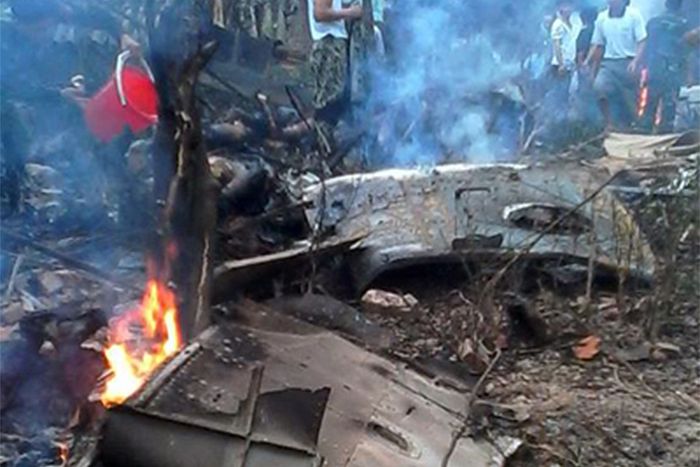After a decade of breakneck development, Da Nang’s luster is starting to wear off. Overly reliant on a once-booming real estate sector, the city’s coffers are drying up as investments slow and large-scale development projects stall.
The decline has been steep - In 2011, Da Nang netted VND5.1 trillion in revenue from the property market, in 2012 the number dropped to VND1.3 trillion. As a result, in the first half of this year, the city’s budget deficit stood at VND2.7 trillion.
This has put Da Nang mayor, Van Huu Chien in the hot seat as the Da Nang People’s Council have been questioning his strategies that have yielded repeated budget deficits. He explained that the slowing real estate market was to blame.
For Da Nang, which dropped from 1st in the Vietnam Provincial Competitiveness Index (PCI) from 2008 – 2010 to 12th last year, the lesson may be not to put all your eggs in one basket. According to David Koh, who lectures on Southeast Asian studies at the National University of Singapore:
“Economic diversification is a sign of the maturity and depth of an economy. The lack of diversification means that the economy will have to go through strong boom and bust cycles whenever the specialization of the economy rises and declines according to the business cycle.”
Running budget deficits are effecting other sectors including education where only VND1.3 billion of the earmarked VND106.5 billion have been invested in new schools.
The budget deficit, which rose because of excessive infrastructure development has caused difficulties in other sectors, including education.
Le Trung Chinh, director of Da Nang Education and Training Department, said the city had earmarked VND106.5 billion for projects to build schools in remote areas in 2013. However, just one secondary school has been built so far with an investment of VND1.3 billion, he said.
Le Dang Doanh, former director of Vietnam’s Central Institute for Economic Management, said he as far back as 2005, he was growing concerned that with 80 percent of its revenue coming from real estate, Da Nang would face economic hardship in the future:
“The bridges being built are [of] very good [quality] but the question is if they have been effective? Would it have been possible to build one less bridge and invest it in industry or education?”
According to Koh,“The lessons for Da Nang are the same for Vietnam – long term budget deficits are not sustainable particularly if the money is spent on unproductive activity.”














